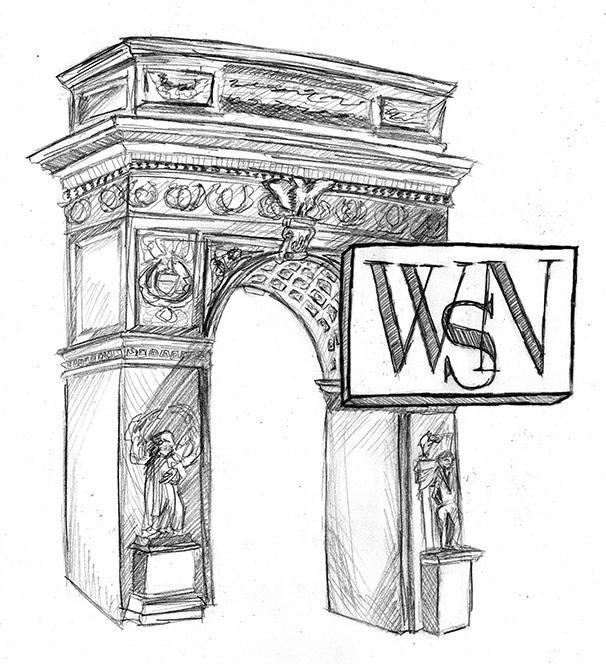Last week, someone placed an Israeli flag over a Palestinian flag hung up on a window in the Kimmel Center for Student Life while Students for Justice in Palestine were tabling for their organization. The smaller Palestinian flag, hung inside Kimmel, was completely obscured by the larger Israeli flag pasted over the outside window. Although the identities of those who hung up the flag are unknown, members of SJP believe it was an effort by student Zionists who are vehemently against SJP and other supporters of Palestine. This is yet another incident that emphasizes the prevalence of the Israeli-Palestinian conflict on campus, highlighting the power imbalance between the two groups and the long, complex history of pro-Israel and pro-Palestine efforts at NYU. Organizations like SJP should be able to raise awareness of a cause without such expressions of disrespect It is crucial that an instance like this one, in which one group’s right to advocate was staunched and threatened by another, is acknowledged by the larger student body.
This is not the first time that SJP has been targeted on campus. Last year, members of SJP received three different sets of anonymous death threats, which were publicly condemned by NYU spokesperson John Beckman. The disturbing and graphic content of these threats solidify the silencing of SJP voices in Kimmel last week as a troubling development on campus.
Incidents like these are, undoubtedly, unsettling. And in light of the tragedy that occurred in Pittsburgh this weekend, it is crucial to make clear that there is no lack of understanding regarding the fact that anti-Semitism still runs rampant in the United States. But in choosing to discuss the covering of the Palestinian flag in Kimmel last week, the Editorial Board would like to acknowledge what seems like an adamant threat to a campus group’s right to advocate. By emphasizing — in a quite literal way — the power imbalance between the two territories, this pro-Israeli individual or group has attempted to silence the peaceful attempts of a student organization that should have the right to gather and advocate for their beliefs.
Conversations about the Israel-Palestine conflict can seem steeped in controversy and dissension, but it is critical for students to at least be understanding of its history, and of the Palestinian cause. The conflict is an ongoing geopolitical schism that has pervaded the international sphere for decades, and involves many human rights atrocities. In the international conversation, criticism of Israeli politics can become misconstrued as criticism of Judaism, and while there has been a 57 percent increase in anti-Semitic incidents since 2017, this can not be associated with anti-Zionism or with groups that advocate for the liberation of Palestinians from a state that frequently commits war crimes. Specifically, the Boycott, Divestment and Sanction movement — inspired by the anti-apartheid movement — calls for a boycott against Israel until Palestinians are given the same rights as everyone else in Israel. It’s important to note that the sanctions that BDS calls for can negatively impact the economic prosperity of Israel, but these sanctions are designed as measures of accountability that would be put in place for the interest of human rights.
As two of the largest pro-Israel groups on campus demonstrated last year in response to the BDS coalition, peaceful protest among opposing groups is possible and an integral aspect of our active student body. The issue that occured at Kimmel last week highlights a case of flagrant campus disrespect — a group supporting fundamental human rights for a sector of people was outwardly silenced by a group with opposing political values in a blunt and inappropriate way. When a group on our campus is subjected to such a public threat to their right to gather and demonstrate, we, as students, must recognize and be made aware of the injustice. We must protect the rights of clubs on campus to peacefully express and advocate for their causes, and refuse to allow the overt silencing of a student cause — particularly if that cause involves a group’s advocacy for recognition of human rights and equality.
Opinions expressed on the editorial pages are not necessarily those of WSN, and our publication of opinions is not an endorsement of them.
A version of this appeared in the Monday, Oct. 29 print edition. Email the WSN Editorial Board at [email protected].























































































































































